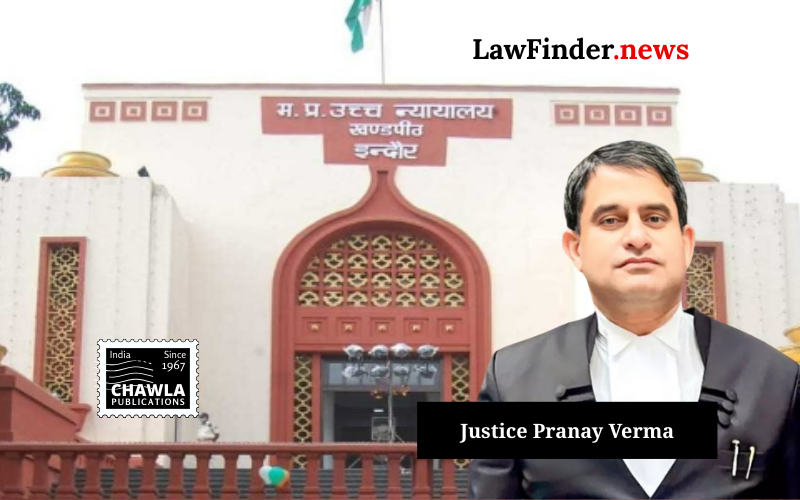Madhya Pradesh High Court Upholds School's Authority in Disciplinary Action Against Student, Court rules that private schools can enforce discipline without judicial interference unless actions are arbitrary or illegal.
In a landmark decision, the Madhya Pradesh High Court has dismissed a writ petition challenging the disciplinary actions taken by a private unaided school against a student involved in gross indiscipline. The case, Jitendra Singh v. State of Madhya Pradesh, revolved around the school's decision to issue a Transfer Certificate to the petitioner's son, prohibiting him from continuing his studies in Class 10 at the institution.
The petitioner argued that the school's actions violated the Juvenile Justice Act and Right to Education Act, suggesting that the decision was punitive and detrimental to the student's future. However, the court held that the school authorities acted within their rights to maintain discipline and that their decision was neither arbitrary nor illegal.
Justice Pranay Verma, delivering the judgment, emphasized that the power of school authorities to enforce discipline is well-established and that courts have limited scope for judicial review in such matters. The court referred to various precedents, highlighting that the principal of a school possesses inherent authority to maintain discipline and morality within the institution.
The judgment further clarified that the orders from the M.P. State Commission for Protection of Child Rights, which initially directed the school not to expel the student, were advisory and not binding. The court concluded that the school’s decision to not continue the student's enrollment was administrative and disciplinary, rather than punitive.
The court also acknowledged that the student's conduct, which included creating derogatory memes of teachers and misusing the school's name on social media, demonstrated a pattern of behaviour requiring disciplinary action. Despite the petitioner's apologies and requests for reconsideration, the court found no grounds to interfere with the school's decision.
The ruling reinforces the autonomy of private educational institutions in matters of discipline, provided their actions are justified and compliant with natural justice principles.
Bottom Line:
School authorities are vested with the power to maintain discipline and morality in the institution, and courts have limited judicial review in cases of student indiscipline.
Statutory provision(s): Juvenile Justice (Care and Protection of Children) Act, 2015 Section 24, Right to Education Act, 2009 Section 16, Commission for Protection of Child Rights Act, 2005 Sections 13 and 14.
Jitendra Singh v. State of Madhya Pradesh, (Madhya Pradesh)(Indore) : Law Finder Doc Id # 2791598




